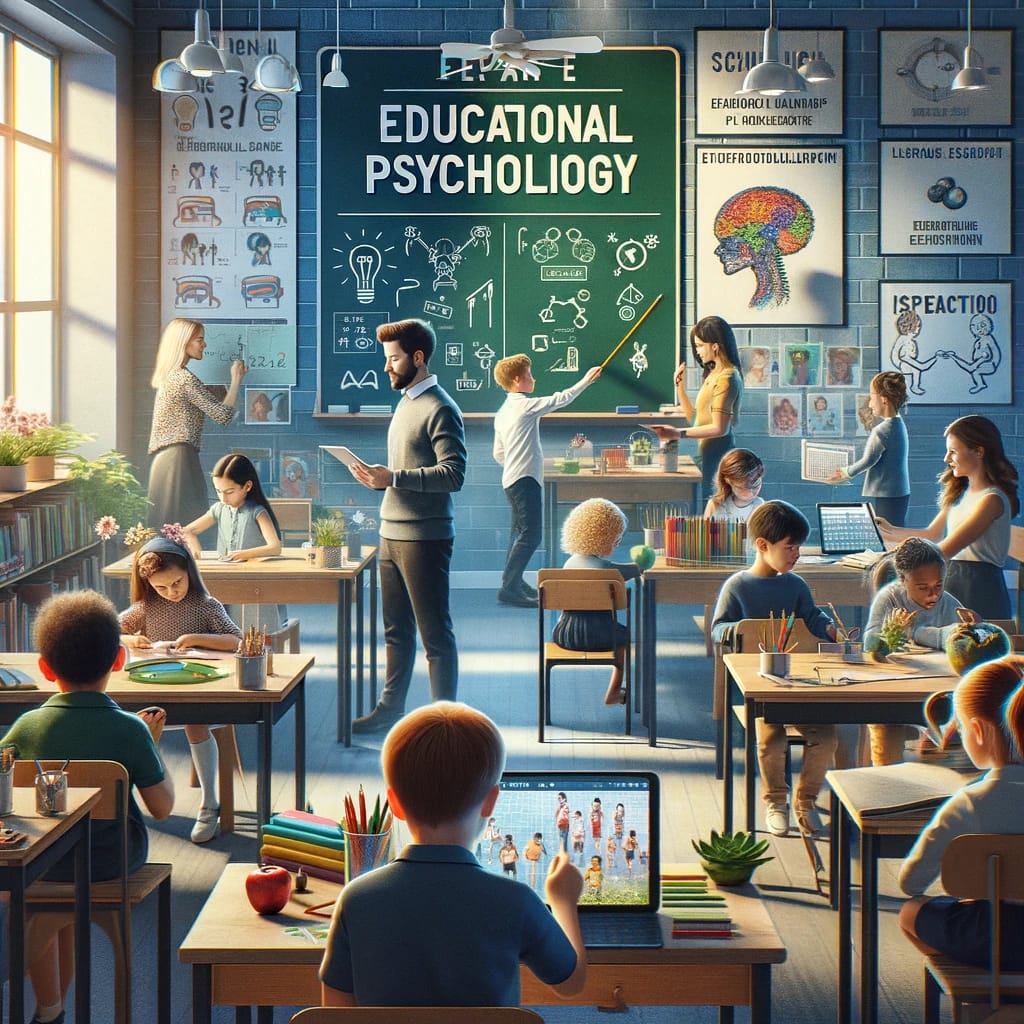The term ‘Psychology’ is derived from two Greek words ‘Psyche’ and ‘Logos’. Psyche means ‘soul’ while Logos means ‘science’. Thus the term ‘Psychology’ was initially defined as the ‘science of soul’.
Psychology as the science of soul. Psychology was considered as the science of soul by the Greek philosophers who lived in ancient times. As Plato and Aristotle used to describe psychology as the science of soul. But soul is something spiritual. It cannot be seen or observed or touched and we cannot perform any scientific experiments on soul.
Psychology as the science of mind: Psychology, was first defined by Immanuel Kant, an English philosopher-philosopher in German, German philosophy, is “the science of mind”, then William James defined psychology as “science of mental processes” in 1892, but the term mind is relatively vague because ambiguity has come up about what mind is.
Psychology as the science of consciousness. Modern psychologists have defined psychology as the “science of consciousness”. James Sully (1884) defined psychology as the “science of the inner world”. Wilhelm Wundt (1892) defined psychology as a science that studies “inner experiences”. But there are three levels of consciousness-conscious, subconscious and preconscious so this definition was also not accepted by some people.
Psychology as the science of behaviour. In the early years of the 20th century when psychologists wanted to make psychology a pure science, it was called the science of behaviour. Behaviour was first coined by J.B. Watson. Other exponents are William McDougall and W.B. Pillsbury. According to R.S. Woodworth, “First psychology lost its soul, then it lost its mind, then it lost its consciousness. It still has a kind of behaviour.”
Definition Of Psychology
According to B.F. Skinner, psychology is “the science of behavior and experience.” According to Crow and Crow, “Psychology is a study of the behavior of man in his relations to others.” According to William McDougall, “The aim of psychology is to provide a better understanding with better control about the behavior of the organism considered as a unit.” According to Kurt Koffka, “Psychology as the science of researches on the behavior of subjects in contact with the outside.”
Meaning of Educational Psychology
Educational psychology is one of the branches of psychology dealing with the study of learner’s behavior in relation to their education. As the specific branch of psychology suggests ways and means of improving the process and products of education so as to enable the teacher to teach effectively and educate the learners to learn more effectively with minimum effort. That is why the term is labeled as service to education.
It has simplified the jobs and maximization of the efficiency of the teacher or by providing the necessary knowledge and skills to all those involved with the process and products of education, just as science and technology have helped in making the maximum output possible with minimum input in terms of time and labour in our day to day activities. Educational Psychology is that branch of psychology which deals with the application of psychological findings in the field of education. Or it can say, it is basically concerned with human behaviour in educational situations. It is a systematic study in relation to the development of the individual in an educational environment. This science tries to study human behaviour by understanding it so that it may be possible to guide or direct education, hence making sense of its human life.
Definition of Educational Psychology
• C.E. Skinner: “Educational Psychology is that branch of psychology which has to deal with teaching and learning”.
• Crow and Crow: “Educational Psychology describes and explains the experience of an individual in the acquisition of skills starting from birth and continuing till advanced age”.
• E.A. Peel: “Educational psychology is the science of education”.
• According to Trow, “Educational psychology is the study of psychological aspects of educational situations”.
• According to philosopher Stephens, “Educational psychology is the study of educational growth and development”.
• As Judd says, Educational Psychology, “is the scientific study of the life stages of a person’s development from birth to adulthood”.
E.A. Peel, “Educational psychology helps the teacher to understand the development of his pupils, the range and limitations of their abilities, their learning processes and the limitations of their social relationships”.
Therefore, the profession of an Educational Psychologist can be somehow connected to that of the engineer-technical specialist, who can provide all kinds of expertise and skills required to properly execute the job…such as building a bridge.
An educational psychologist is, as it were, a technical expert in the field of education, and he provides all the information, principles and techniques which are necessary for understanding the behaviour of the student as related to the educational environment and bringing about desirable modifications in his behaviour which may lead to the all-round development of his personality. Therefore, educational psychology is basically concerned with the formal situation of teaching and learning and with the procedures that are evolved to improve them. The basic areas of concern include the issue of problematic relationship of the parent with his child, theories of learning, teaching methods, motivations etc. and concerns of cognitive-emotional and moral development etc. and many other issues. In other words, it is the scientific study which should answer the question, “Why do some students learn more than others? What can be done to improve that learning?”
Nature Of Educational Psychology
It is scientific in nature because it has been accepted that it is the science of education. We can summarize the nature of educational psychology in the following ways:
1. Educational psychology is a science. (Science is a branch of study that deals with the observation of facts and the establishment of verifiable general laws. Science employs certain objective methods for data collection. It has the objective to understand, explain, predict, and control the facts.) The same is followed in the field of educational psychology. It is also a science that has constructed objective methods for collecting data for it. Hence its objective is to understand, predict, and ultimately control human behavior.
2. Educational psychology is a natural science. An educational psychologist conducts his investigations, collects his data, and formulates his results in exactly the same way as a physicist or biologist does.
3. Educational psychology is a social science. Similar to the sociologist, anthropologist, economist, or political scientist, the educational psychologist studies human beings and their ability to be sociable.
4. Educational psychology is a positive science. A normative science like logic or ethics deals with facts as they ought to be. A positive science deals with facts as they are or as they operate. Educational psychology studies child behaviour as it is, not as it ought to be. Hence, it is a positive science.
5. Educational psychology is a practical science. It is the application of psychological principles to the field of education. It attempts to study the behaviour and experiences of pupils by applying the principles and techniques of psychology. As a branch of psychology it is parallel to any other practical psychology. For example, educational psychology draws heavily from fields like developmental psychology, clinical psychology, abnormal psychology and social psychology.
6. It is a progressive or maturing science. Whenever new research comes in, educational psychology deals with such new and newly emerging researches. As facts about child nature and behaviour emerge, educational psychologists learn more from them.
So, educational psychology is at the same time a practical science and also a specific, positive social science, and it is also the science of practice. While general science studies the behaviour of the individual in each of the fields mentioned above, educational psychology studies the behaviour of the individual only in the field of education.
Educational psychology has a scientific character because
The nature of educational psychology is scientific because the body is immediately organized and systematically accepted. This structure implies that whatever facts exist are in a constant search for their truth through a research and experimental process. Scientific methods are used in its investigation and the results obtained are further put to test and amended to correct appropriately.
1. Universal Laws of Educational Psychology: Educational psychology has an organized, systematic and universally accepted body of facts supported by relevant psychological laws and principles.
2. Scientific Methods: The field of educational psychology uses scientific methods and adopts a scientific approach to study learner behavior such as observation, experimentation, clinical investigation and generalization etc.
3. Quest for Truth: The final outcome of each investigation in the field of educational psychology can be debated and may be changed or altered as long as the latest interpretations and study results are considered. In this light, the conclusions emerging from each experiment are not considered immutable and are not to be violated.
4. Reliability: Educational psychology never accepts hearsay nor accepts anything at face value. It states that essentially, there are certain causes involved in any behaviour and the cause of this behaviour is not linked to supernatural events.
5. Positive Science: Educational psychology is not really a normative science but a positive science.
6. Applied Behavioural Science: Educational psychology is a practical/behavioural science.
7. Developing Positive Science: Educational psychology cannot be considered a developing positive science like other natural or behavioural sciences. It is considered as one of the developing positive sciences of learner’s behaviour.
Objectives of Educational Psychology
General objectives of Educational Psychology. The general objectives of Educational Psychology are:
1. Provide a set of facts and methods which can be used in solving teaching problems.
2. Develop scientific and problem-solving attitude.
3. Training to think psychologically about educational problems.
Teaching Objectives of Educational Psychology
1. Appreciation of dietary and environmental factors underlying learning capacity.
2. Source of information on the nature and principles of learning and supply of techniques for improving learning.
3. Predictable and appreciable factors which influence the learning capacity of the individual.
4. Factors which are considered as external aids in the context of library and classroom which in most cases depend on the will of the teacher and school.
5. Determination of teaching efficiency.
6. Develop appreciation and value of the individual with differences.
Read Also:
- Challenges And Future Of Adoption Of Artificial Intelligence (AI) In Educational Sectors
- Impact Of Artificial Intelligence On Education: Current Realities
- Disadvantages of Artificial Intelligence (AI) in Education
- Future Prospects Of Artificial Intelligence (AI) In Education
- Concept of Educational Technology







